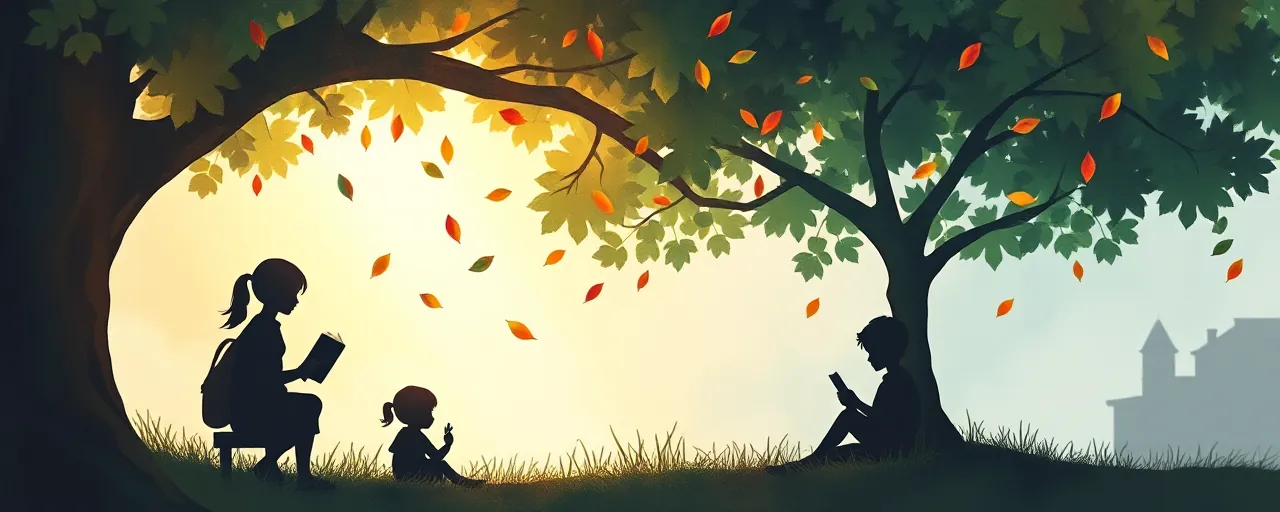A Fight for the Soul of Our Schools
In a bold move that cuts to the heart of what education ought to be, California Attorney General Rob Bonta has thrown his weight behind a coalition of 19 state attorneys general. They’re urging the U.S. Supreme Court to uphold Montgomery County’s decision to weave LGBTQ+ inclusive books into its language arts curriculum. This isn’t just about books; it’s about whether our schools will reflect the vibrant, messy diversity of the nation they serve or cave to a narrow vision of exclusion.
The case, Mahmoud v. Taylor, pits a Maryland school board against parents who claim these stories trample their religious freedoms. Bonta and his allies argue the opposite: that including tales of LGBTQ+ lives is a fundamental piece of creating classrooms where every kid can breathe easier, knowing they belong. It’s a stance rooted in a simple truth - representation isn’t a luxury, it’s a lifeline.
Look at the stakes here. LGBTQ+ students aren’t abstract figures in a culture war; they’re kids facing real harm. Studies pile up showing they endure bullying, discrimination, even violence at rates that would shock anyone with a pulse. Bonta’s brief doesn’t mince words: schools have a duty to shield them, not leave them exposed.
The Evidence Is Undeniable
Let’s talk facts. Research from the last decade hammers home one point: when kids see themselves in their lessons, they thrive. A study tied to Dr. DeLeon Gray’s work on school belonging shows it’s not just about feel-good vibes; it’s a buffer against depression and anxiety that can haunt students into adulthood. Montgomery County’s books - think titles that nod to diverse families or gender identities - aren’t pushing an agenda. They’re building a foundation for kids to stand tall.
Then there’s the flip side. LGBTQ+ youth face a gauntlet of challenges - harassment in hallways, rejection at home. The California Department of Justice points to data showing these students suffer psychological scars that derail their education. Inclusive curricula, like what’s at stake in Maryland, cut through that noise. They signal to every student that their story matters, slashing bullying rates and lifting school climates, according to findings from states like Washington and Illinois.
Opponents cry foul, claiming these books infringe on their right to raise kids steeped in their faith. But courts, from the Fourth Circuit to historical rulings like Epperson v. Arkansas, have been clear: exposure to ideas doesn’t equal coercion. The Supreme Court’s own precedent backs this up. Reading about a gay character doesn’t force anyone to abandon their beliefs; it just asks them to sit with the reality of a pluralistic world.
Contrast that with the alternative. Book bans targeting LGBTQ+ themes have surged - over 16,000 titles yanked since 2021. That’s not protection; it’s erasure. It tells kids their existence is too controversial to acknowledge. Montgomery County’s approach, mirrored by pioneers like California’s FAIR Education Act, rejects that cowardice outright.
Bonta’s coalition isn’t alone. Attorneys general from New York to Oregon see this as a tipping point. They’ve fought tooth and nail for LGBTQ+ rights - think marriage equality in Obergefell or defending gender-affirming care. Their brief isn’t a legal footnote; it’s a battle cry for education as a public good, not a private fiefdom.
Dismantling the Opposition
The parents in Mahmoud v. Taylor lean hard on the First Amendment, insisting they need an opt-out to shield their kids from ideas that clash with their doctrine. It’s a slick argument, but it falls apart under scrutiny. Public schools aren’t Sunday schools; they’re tasked with forging citizens who can navigate a democracy, not cloistering them in echo chambers. The Fourth Circuit saw through this, and the Supreme Court ought to follow suit.
What’s really at play is discomfort masquerading as principle. These books don’t preach; they reflect. They show kids that families come in all shapes, that love doesn’t wear a uniform. If that rattles someone’s worldview, that’s their burden to wrestle with - not the school’s job to fix. History backs this up: courts have long granted educators leeway to shape curricula that serve all students, not just the loudest complainers.
A Legacy Worth Defending
This fight lands at a crossroads. If the Supreme Court sides with Bonta, it’s a green light for schools nationwide to embrace curricula that mirror the real world - diverse, complex, and worth understanding. States like Washington, with its new mandate for LGBTQ+ history by next year, show what’s possible: classrooms where kids learn empathy alongside their ABCs.
But if the justices bend to the opt-out crowd, it’s a gut punch to every student who’s ever felt invisible. It’s a step back from the promise of public education as a place where belonging isn’t negotiable. Bonta’s right - this isn’t just about inclusion; it’s about survival. For the sake of every kid watching, the Court needs to get this one right.
